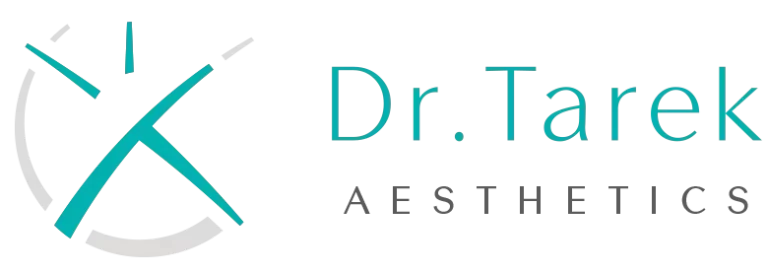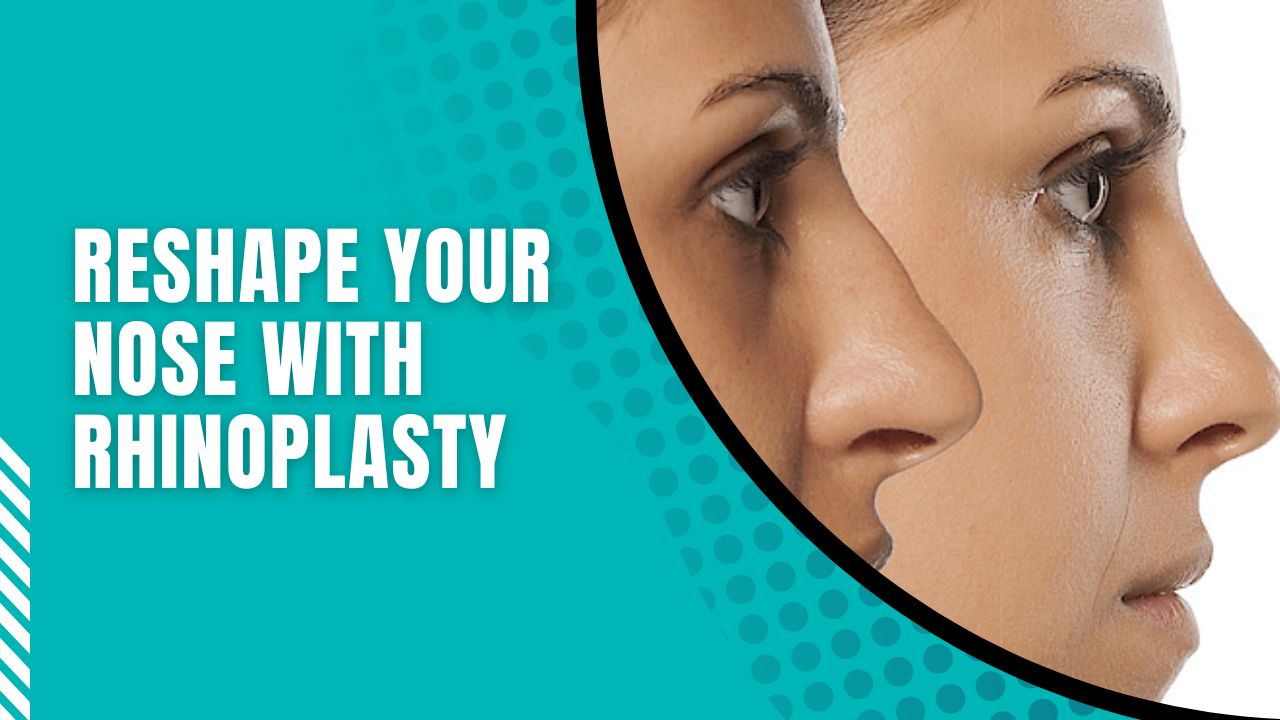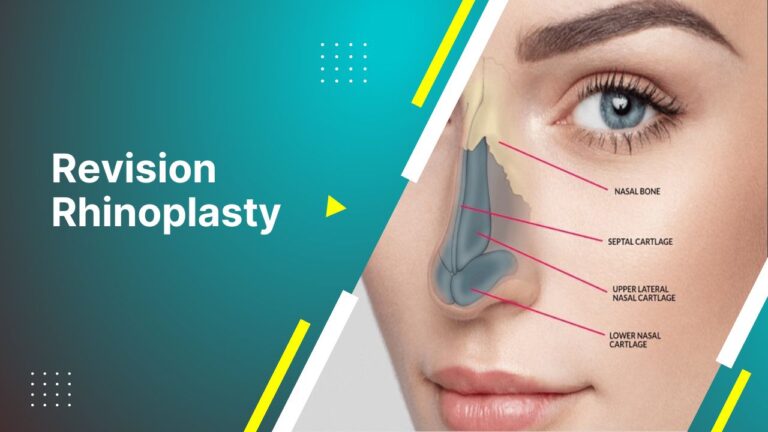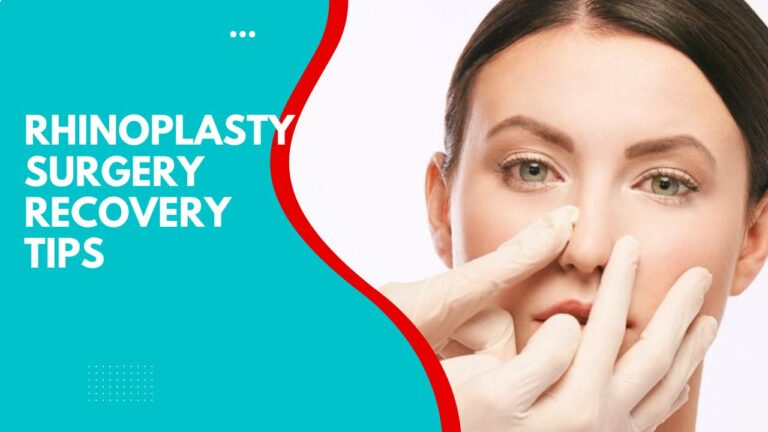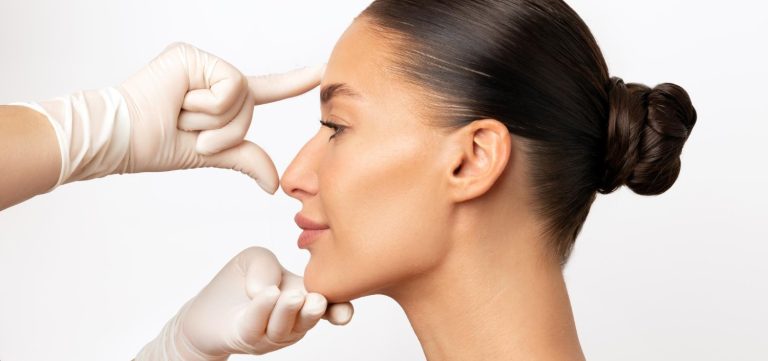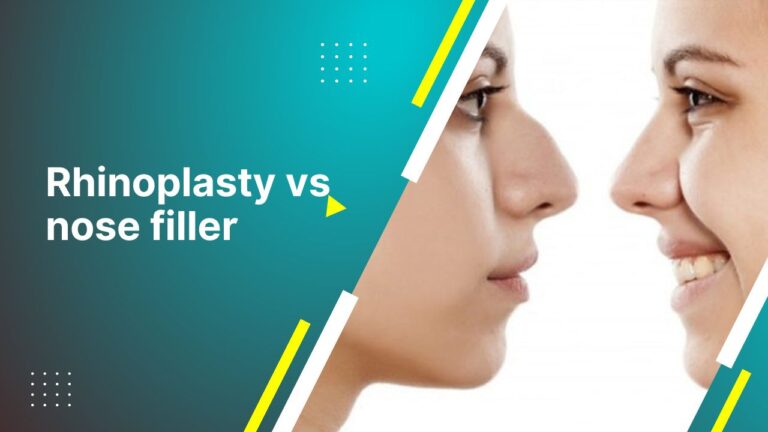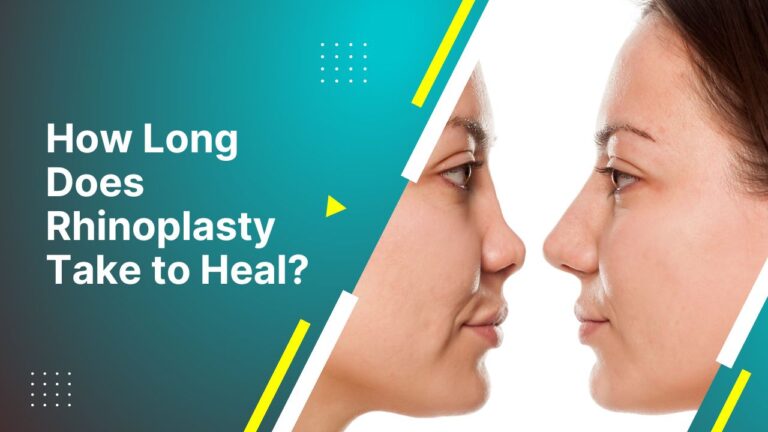Your nose is a big part of your appearance. Dissatisfaction with a crooked nose or a wide nose is hard to ignore because your face is what people see when they look at you. Luckily, there are medical advancements to resolve the issues you have with your nose. This article will look into rhinoplasty and the various types of surgery performed.
Keep reading to learn more about rhinoplasty.
What is Rhinoplasty?
Rhinoplasty is a procedure designed to change the shape of the nose. Rhinoplasties can either be functional or cosmetic, intended to tackle different complications. Functional rhinoplasties improve your breathing by altering your bone structure. It can solve difficulties such as snoring.
The procedure takes up to three hours, and patients can leave the hospital on the same day. Recovery is short, and most patients resume regular activities after a week. A rhinoplasty age limit aims to ensure patients get rhinoplasty surgery after their bones develop.
Book A Consultation With Dr Tarek Bayazid
Top-rated Plastic Surgeon For Rhinoplasty in Dubai
Installment Plan Available
Types of Rhinoplasty Surgeries
Rhinoplasty surgeries exist in different types depending on the extent and placement of the incisions. The healing timeline is relatively similar for each of these rhinoplasties. The types of nose jobs are:
Open rhinoplasty is a nose job where the surgeon makes incisions on the underside of the nose. Doing so allows them to expose more of your nose’s internal layout. This type of rhinoplasty provides better visualization. Luckily, because of the incision’s position, scars are hidden.
Closed rhinoplasty is when the surgeon makes incisions only on the side of the nostrils to perform the surgery. The surgeon only gets limited exposure to the nose’s internal structure. Many patients prefer closed rhinoplasties because it has less visible scars.
Liquid rhinoplasty is a procedure that does not involve cutting into the nose. Instead, the surgeon achieves desired results by injecting dermal fillers into the nose. It is a cheaper alternative to surgical rhinoplasty with the least recovery time. However, the results of liquid rhinoplasties are temporary and last up to two years.
Revision rhinoplasty is a nose job performed to correct a previous rhinoplasty. This rhinoplasty requires the utmost experience of your surgeon because it may be more complex than your initial nose job. The surgeon has to navigate through scar tissue after your previous surgery. They must obtain cartilage from another body region to compensate for the cartilage removed in the initial surgery.
Tip plasty is a rhinoplasty that focuses solely on the tip of the nose. The surgeon leaves the bones in the bridge of the nose intact. It is a more straightforward procedure that lasts up to an hour under general anesthesia. Because the tip of the nose is the thickest part, it is the region of the nose that takes the longest to heal.
This type of rhinoplasty is designed to refine non-caucasian noses. Non-caucasian ethnicities include Africans, Middle Easterns, and Asians. The surgeon alters the shape of the nose while preserving other ethnic facial features.
Reasons for Requiring Rhinoplasty
Patients seek rhinoplasty for the following reasons:
What to avoid after rhinoplasty?
Smoking inflames your nasal passages lengthening your recovery time. The tar also coats your nostrils, providing an unclean environment for your sutures to heal. Additionally, nicotine considerably thins your blood vessels, including those in your nose. You will risk nose bleeds and reduced oxygen supply to your recovering tissues.
Sunlight tends to burn incision marks, making them darker and more visible. It also inflames your raw skin interfering with recovery. Ensure you use sunscreen with at least SPF 30 before you step out into the sun.
Switch your sleeping position to one that minimizes contact between your face and pillow. Constantly rubbing your nose during sleep will distort your recovering bones. Constant contact with solid objects will ruin the results of your rhinoplasty. Sleeping on your back is the safest position during healing.
Glasses place unnecessary weight on your nose bridge, affecting your nose’s recovery. Avoid wearing glasses and opt for contacts instead to prevent this problem. Rhinoplasty Procedure Unpacked is a process where doctors fix or reshape your nose to make it look better or help you breathe easier. It’s like a puzzle where each piece is carefully adjusted for the best result.
Conclusion
Rhinoplasty will help you achieve symmetry of your facial features. Advancements in technology, such as rhinoplasty with lasers , ascertain safety and put your mind at ease. You must choose the perfect surgeon because of how delicate the procedure is. Your surgeon will evaluate your medical history and expectations to recommend a suitable rhinoplasty type. They will outline the estimated cost of the rhinoplasty to facilitate your preparation.
Book a consultation today for rhinoplasty surgery with Dr. Tarek. He is a proud member of the most prestigious Plastic Surgery Societies worldwide: the American Society of Plastic Surgeons (ASPS) , the International Society of Aesthetic Plastic Surgery ( ISAPS ), the Emirates Plastic Surgery Society ( EPSS ), and the Melbourne Advanced Facial Anatomy Course ( MAFAC )
